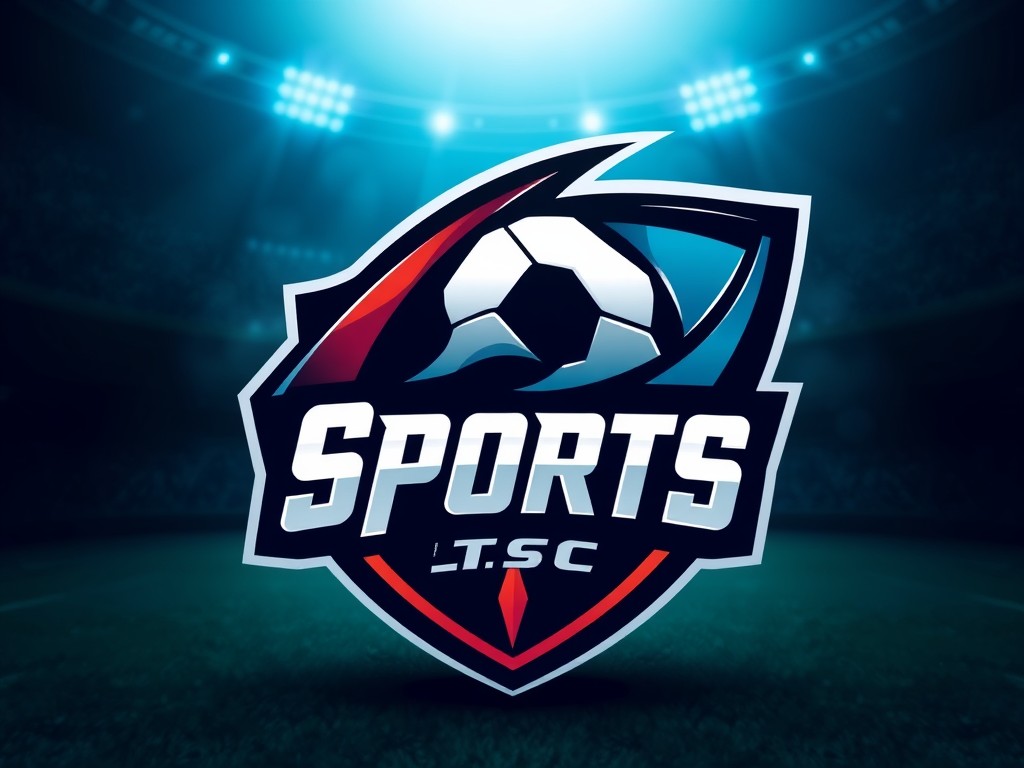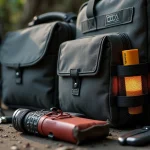Understanding the Needs of UK Fighters for International Travel
Crafting a well-structured travel itinerary is essential for UK fighters embarking on international competitions. These itineraries cater specifically to the unique needs of fighters, addressing logistical and practical challenges they encounter. A tailored itinerary not only includes standard travel arrangements but also encompasses nuances specific to fighters, such as training schedules and rest periods before competitions.
Organizing a travel itinerary that meets the needs of fighters is crucial because conventional travel plans often fall short. Fighters travelling internationally can face common obstacles like adjusting to new time zones, maintaining optimal nutrition, and managing pre-event jitters. Recognizing these challenges helps in creating tailored solutions aimed at enhancing their performance and well-being.
Additional reading : Top Drills for UK Karateka to Boost Kumite Skills: Elevate Your Performance!
Competitions also vary significantly, each presenting unique demands. For instance, a Muay Thai bout may require a different preparation than an MMA tournament due to differences in rules and intensity. This necessitates bespoke travel itineraries that consider preparatory requirements, including sparring sessions abroad or specific dietary needs.
Ultimately, a comprehensive travel plan ensures that fighters are not just physically prepared but mentally settled. This attention to detail reflects positively in their performance, aiding in their journey towards sporting success on an international stage. Properly managed itineraries could be the unsung heroes in a fighter’s path to victory.
This might interest you : Discover durable and stylish tactical bags for every adventure
Key Components of an Effective Travel Itinerary
Creating a well-rounded travel itinerary is crucial for fighters ensuring everything runs smoothly.
Transportation Arrangements
Efficient transportation arrangements are vital to evade disruption and exhaustion. Depending on distance, consider the best modes of transport. Flights are essential for long-haul journeys; however, ensure flexibility in booking to accommodate last-minute schedule changes. For ground travel, renting vehicles or using a robust ride-sharing app can facilitate easy movement.
Proactively manage the transport of your gear, ensuring all equipment is permitted by airlines or rental companies. Consider investing in durable, lightweight bags to protect your gear while being easy to handle.
Accommodation Considerations
Choosing the right lodging is crucial for maintaining well-being. Consider hotels known for comfortable suites that can provide a quiet space—valuable for rest and preparation—close to venues and training centers. Booking accommodations well in advance saves costs and often ensures better locations. Similarly, budget your overnight stays wisely, without compromising on essential amenities.
Training Facilities and Schedules
Focus on identifying suitable training facilities upon arrival. It is advisable to check in advance and arrange training sessions that align with the itinerary, prioritizing convenient locations. Taking time zones into account and allowing gradual acclimatization can mitigate fatigue, ensuring you remain in top condition. Planning helps maintain peak performance by synchronizing training schedules with the itinerary.
Nutrition and Diet Planning for Fighters
Understanding the unique nutritional needs of fighters is essential to maintaining peak performance, especially when travel is involved. Fighters require a balanced diet rich in protein, carbohydrates, and healthy fats to fuel rigorous training sessions and ensure recovery. However, the importance of fighter nutrition travel cannot be overstated, as dietary needs don’t pause when traveling for training or competitions.
Planning meals on-the-go can pose challenges, especially with limited availability of familiar local foods. Fighters often need to become adept at selecting dietary options that meet their specific needs, even when navigating unfamiliar culinary landscapes. This requires flexibility and creativity, such as carrying nutrient-dense snacks like protein bars or nuts, which provide convenient protein sources and other vital nutrients.
Before and during competitions, maintaining a consistent diet can be critical for fighters. Strategies like meal prepping and researching available foods at travel destinations can help ensure fighters stick to their nutritional plans. It also involves staying hydrated and managing energy levels to avoid any negative impacts on performance.
In summary, effective meal planning and understanding the nutritional requirements while traveling are pivotal. By doing so, fighters can achieve their best performance level, regardless of their location or environment.
Managing Competition Schedules
Efficient competition schedule management is vital for a seamless event experience. Organisers must strategically plan to accommodate various factors and unforeseeable changes.
Keeping Track of Event Dates
Scheduling time slots for competitions is crucial to ensure all events proceed smoothly. This involves creating a master schedule that encompasses all necessary elements leading up to the event. It assists in resource allocation, such as personnel and equipment, ensuring all needs are met in advance. A comprehensive schedule includes dates, locations, and times for each event, along with an emergency plan.
Flexibility is an essential strategy in this context. Changes are inevitable, and organisers must anticipate them. Techniques like buffer periods between events can offer the flexibility needed to handle delays or unforeseen circumstances without disrupting the entire schedule.
Preparing for Check-ins and Weigh-ins
Understanding the check-in processes at international venues is integral to competition schedule management. These processes often differ from local norms, requiring precise timing and coordination. Thus, understanding venue-specific procedures in advance can preempt potential issues.
Effective management of weigh-in schedules also contributes significantly to the event’s success. Not only is it important for athletes to adhere to precise timing, but organisers must also ensure the smooth operation of this process. Additionally, the significance of mental preparation for competitors should not be underestimated, as it bolsters performance and maintains discipline throughout the event.
Navigating Customs Regulations and Visa Requirements
When travelling as part of a fight tour, understanding the complexities of visa and customs regulations is vital. These requirements can vary significantly between countries, therefore, ensuring compliance is key to a smooth journey.
Visa Requirements Overview
Each destination brings its own set of visa regulations, which are often contingent upon nationality, purpose of visit, and duration. Fighters need to research specific entry requirements well ahead of travel. For some countries, visas might be available on arrival, while others might require prior application, sometimes months in advance.
Essential Documentation for Customs Clearance
To avoid delays at customs and immigration checkpoints, being equipped with the correct documentation is crucial. Typical documents required include passports valid for at least six months, proof of onward travel, and sometimes medical documentation. Fighters might also need to declare equipment or specific items, following the host country’s customs regulations.
Tips to Avoid Common Travel Complications
Several strategies can help streamline the process:
- Thoroughly check and double-check travel documentation.
- Maintain copies or digital versions of all essential papers.
- Understand restrictions on items that can be carried in baggage.
- Plan for additional processing time at busier airports.
By proactively managing these aspects, fighters can focus on their main goal: succeeding in their competitions.
Mental Preparation Techniques for Competitions
Mental preparation is crucial for fighters, affecting performance and outcomes in competitions.
Mental resilience is vital, enabling athletes to stay focused and perform under pressure. One way to build this resilience is through visualization techniques. Visualization involves mentally rehearsing scenarios to bolster confidence and reduce anxiety.
When traveling for competitions, maintaining relaxation and focus is essential. Strategies such as deep breathing, mindfulness, and meditation can help fighters manage stress. Creating a calm travel environment, using noise-canceling headphones, or engaging in light reading can also contribute to relaxation.
Visualizing success involves picturing oneself succeeding, which aids in setting a positive mindset. This practice is not limited to the moment of competition; it can be done regularly during training sessions. To effectively manage anxiety, fighters can use techniques like progressive muscle relaxation and controlled breathing, which help in staying grounded and focused.
Incorporating these mental preparation methods can significantly enhance competitive performance. By understanding and addressing the mental demands of their sport, fighters give themselves an edge, improving not only results but also their overall well-being and satisfaction in the sport.
Resources and Templates for Itinerary Creation
Creating an effective travel itinerary requires organization and attention to detail. For those looking to streamline this process, there are several recommended tools that can enhance your planning experience. Software like Google Sheets and Trello are favoured for their adaptability, while specialised apps like TripIt offer automated itinerary building.
Successful itineraries, particularly for fighters who have demanding schedules, demonstrate how meticulous preparation can result in efficient travel plans. For instance, a well-structured itinerary can incorporate elements like training sessions, rest periods, and media appearances, ensuring balance and productivity.
Furthermore, the availability of downloadable resources and templates can simplify this task significantly. Websites such as Evernote and Document Templates provide customisable travel itinerary templates that cater to individual needs. Whether you need templates for a short weekend getaway or a complex, multi-city tour, they can be tailored to include specific activities, locations, and timings.
These templates generally offer sections for vital information such as accommodation details, contact numbers, and transportation options. Thus, they are invaluable for keeping your itinerary comprehensive and organized, reducing the stress associated with travel planning. Using these resources not only saves time but also helps ensure that all crucial aspects of a trip are accounted for.











